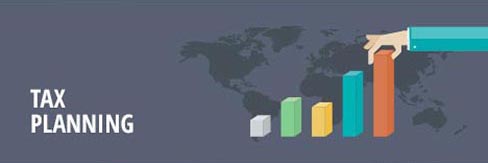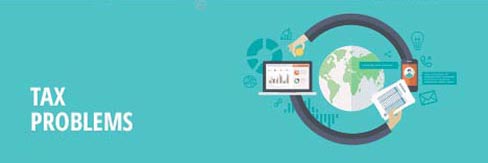

ARCHIVE
NEWS
BUSINESS
The future of company vehicles

ARCHIVE
NEWS
BUSINESS
NOV 2017
OUR
PROCESS
GET IN TOUCH
WITH US
GET TO KNOW
US
Registered office: 61 Friar Gate, Derby, Derbyshire, DE1 1DJ T: 01332 202660
Adrian Mooy & Co is the trading name of Adrian Mooy & Co Ltd. Registered in England No. 05770414
Company car owners are expected to pay tax on the vehicle if they use it privately. The rate of tax is based on a number of factors including its value and the type of fuel it uses.
However, there are some tax reductions available if It is only owned part-time, the employee pays some of its purchase cost, it has low or no CO2 emissions.
The regime works so that the least polluting cars models pay a lower BIK rate, while the highest polluters pay more.
BIK tax rates are likely to increase by around 2-4 per cent within each CO2 band from 2017 to 2020.
However, it is important to note that by 2020 the maximum 37 per cent rate is reached at just 165g/km for petrol cars and 150g/km for diesel.
To work out the tax cost employees will also need to look at the P11D value, which takes into consideration the list price of the car, including options, but less non-taxable items.
If the car costs less to buy than the official P11D value HMRC still says the BIK value is the same.
To complicate matters further, changes are currently taking place if the car has been offered as part of a salary sacrifice scheme, or if cash has been offered as an alternative to a car.
From April this year, those who choose the latter will be taxed either on the BIK value of the car offered or on the value of their cash alternative, whichever is higher.
This means that drivers who select a car with a low P11D value and/or a car with low CO2 emissions may no longer benefit from a reduced tax bill.
Similar changes will also take place for those who benefit from salary sacrifice schemes.
Previously they were taxed on the BIK value of the vehicle and, depending on the choice of vehicle, were able to make income tax savings by paying for the car out of their gross salary.
From 6 April 2017, drivers are now taxed on the higher value of either the amount of cash forgone or the BIK value of the car, meaning that they will suffer the same fate as those who would choose a cash alternative and will see their tax liability rise as they will have to pay income tax on the full amount of the cash foregone.
For drivers of existing salary sacrifice scheme cars the existing tax arrangements stay in place until 5 April 2021 or until a ‘change in arrangements’ has taken place.


.png?crc=484381513)

